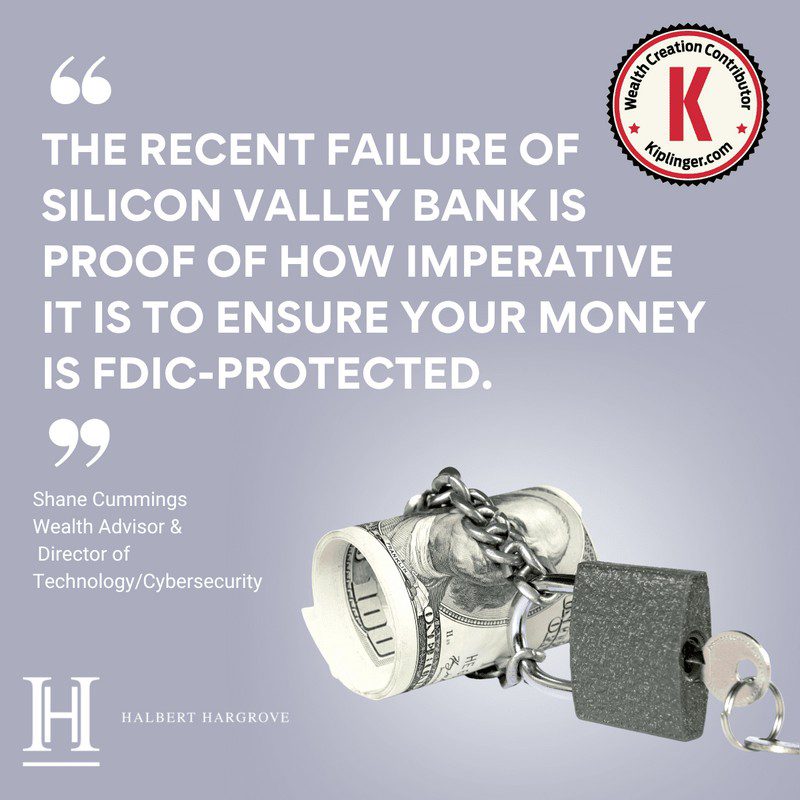A few relatively easy steps can help you safeguard your money when using bank and budgeting apps and other financial technology.
By Shane Cummings, CFP®, AIF®, Wealth Advisor & Director of Technology/Cybersecurity as featured in Kiplinger
There are many ways to use fintech — financial technology — to streamline your life and finances, with the technology continuing to improve all the time. You may be utilizing your bank’s mobile app on your cellphone, taking advantage of a high-tech budgeting app or investing online with a platform like Robinhood.
With changes happening at such a rapid pace and new companies popping up overnight, some savers and investors may not feel totally secure using these technologies. With all types of financial scams and cybercrimes running rampant globally, it’s important to question the safety of an app or a company you’re investing with.
So how do we get comfortable trusting fintech?
Without the need to be an expert, here are four basic guidelines you can follow to help keep yourself safe with the use of fintech.
1. Limit the Amount of Personal Data You’re Sharing.
If you’ve downloaded a budgeting app (Mint, for example), and it asks you to fill out a detailed personal profile, be sure to share only the required information. The more information you input, such as your date of birth, home address, Social Security number, etc., the more that information is at risk should the app be hacked or if there’s an information leak.
Additionally, some organizations will sell your data — that intention is often hidden in the fine print of their websites. The less information about yourself you put out on the web, the less likely sensitive details will end up in the hands of a data broker that may sell your data. If you don’t pay to use the app or service, it’s likely that your information is being sold, so make sure to do your due diligence before signing on the dotted line.
2. Check the Provider’s Security.
Before you sign up for an app or brokerage account, you should review the provider’s website, paying close attention to its security. Given mounting concerns about vulnerabilities, a reputable company will list out its security features online and how it deals with fraud and identify theft. If it doesn’t, it might be a sign it isn’t taking these issues seriously.


